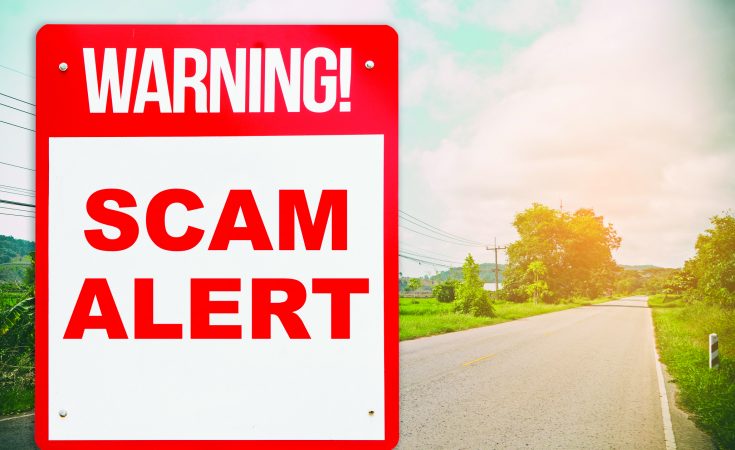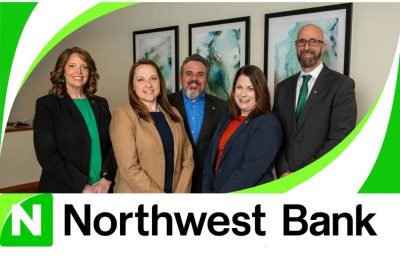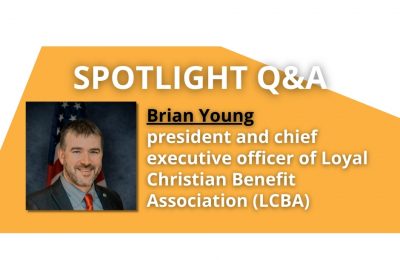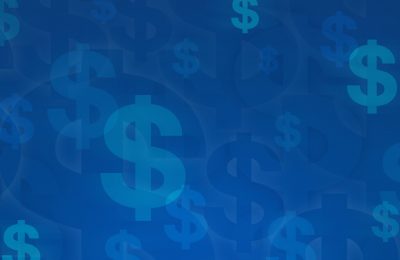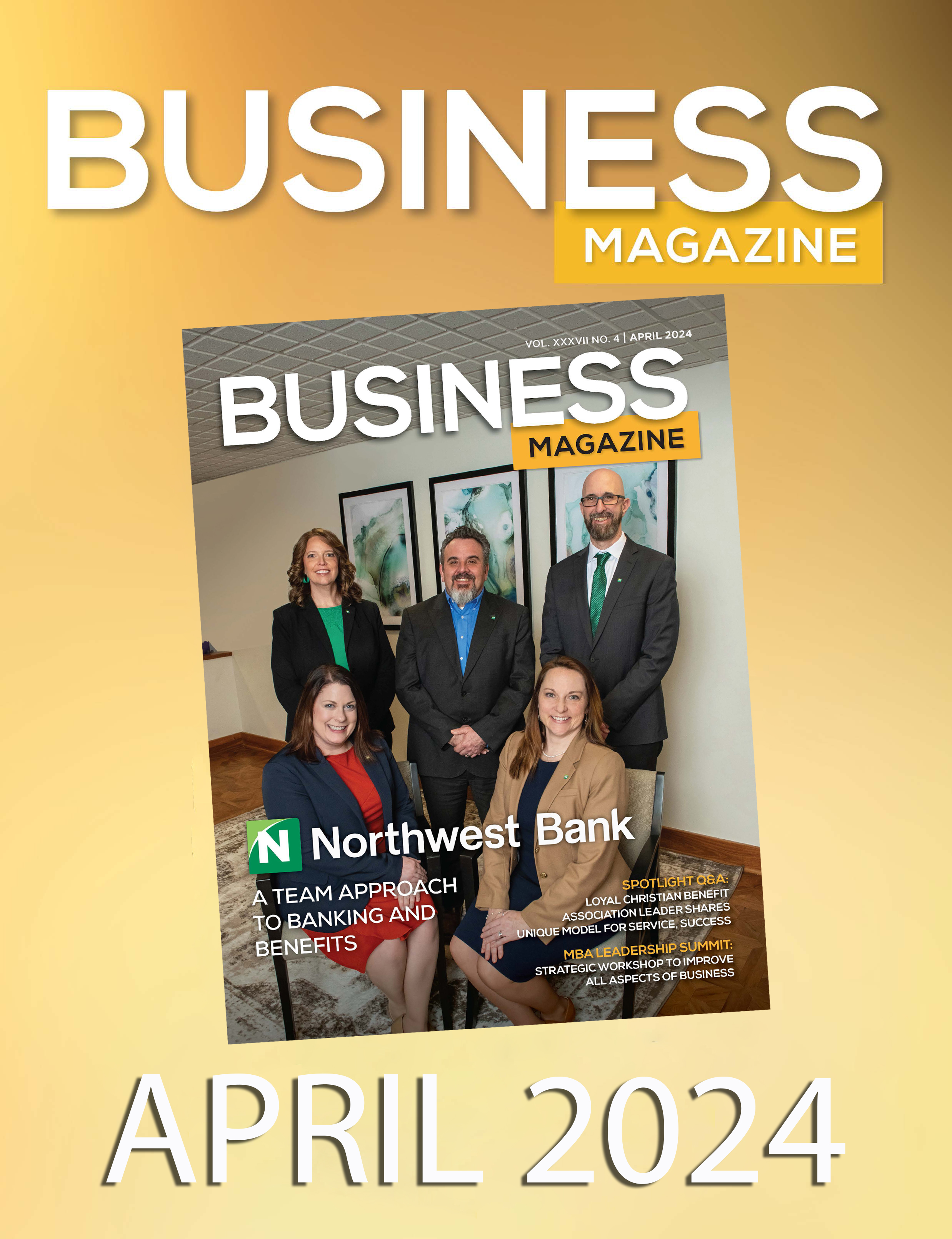Judy Rosatti is the manager of MBA EnergyAdvisors, an affiliate of the Manufacturer & Business Association (MBA). She has an abundance of consulting experience assisting a variety of businesses in reducing their costs and increasing their bottom line for the past 25 years.
It was brought to my attention recently that some employers are being targeted for power shut-off scams. This is typically how the story goes: A caller represents themselves as an electric utility company employee with bogus caller ID showing the particular utility they claim to be representing. The caller threatens to shut off the customer’s power unless an immediate payment is made. When questioned as to what the payment is for, the caller will say that it is for additional fees that the utility has approved and passed along to the consumer. They will say that a letter explaining the fees was sent and should have been received.
In some cases, the caller has a co-conspirator to hand off the call to a “supervisor.” This person will carry on the scam with authority. In many cases, they will instruct the business to pay at an authorized utility payment center, often a discount store or convenience store in the area. The customer is told to use a pre-paid debit card, such as a Green Dot/MoneyPak card, or a money transfer service.
It has been noted that, in one case, the victim was directed to pay in person at a physical location. Additionally, in some cases, individuals posing as utility workers appeared onsite, threatening to shut off the power.
What Do You Need to Know?
- According to First Energy, if your account is past due, you will receive a written notice of your account status with instructions on how to avoid disconnection of service.
- While their representative may call a customer whose bill is in arrears in order to remind them that a payment is due, the representative would explain how a payment can be made using their established payment options. They will never demand payment over the phone, in person or at a particular physical location.
- First Energy utilities do not accept prepaid debit cards or wire transfers as payment, and their representatives will not demand your bank information or credit card number over the phone.
What Should You Do?
- If you receive a suspicious call, hang up immediately.
- Be aware that scammers often use Caller ID spoofing software to misrepresent the source of a phone call or provide you with a fake “verification” phone number. These call-back numbers may even include exact replicas of company greetings and hold messaging. If you would like to verify your account status, always call the First Energy Customer Service Department using the numbers on your bill or their website, or log in to your account on their website at www.firstenergycorp.com.
- If a person appears at your door demanding payment, do not allow them into your home or business, and do not provide them any personal information.
- If you believe you have been a victim of this scam, please contact your local police department or your state attorney general’s office.
For further information, visit https://www.firstenergycorp.com/content/customer/help/safety/scam-info/known-scams.html or contact Judy Rosatti at MBA EnergyAdvisors at jrosatti@mbausa.org or 814/833-3200.


